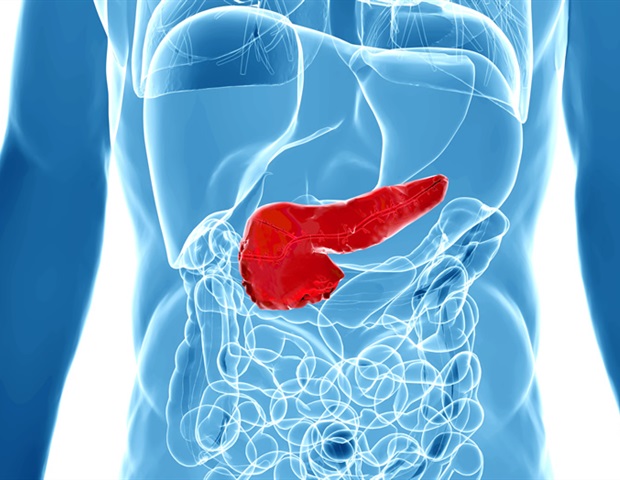
[ad_1]
Diabetes is on the rise around the world. It is a permanent condition which requires lifelong care. To help manage it, an artificial pancreas system, which automatically measures blood sugar levels to infuse the appropriate amount of insulin into the blood, has now gotten smarter thanks to AI learning.
A research team, led by Prof. Sung-Min Park and Ph.D. candidate Seunghyun Lee and candidate MS Jiwon Kim, from the Department of Computer and Electrical Engineering Convergence at POSTECH, recently developed an AI algorithm based on reinforcement learning (RL) which calculates the amount of insulin needed by a diabetic patient and injects it automatically.
These findings were published in a feature article in the latest issue of IEEE Journal of Biomedical and Health Informatics, an international journal on the science of medical information.
Patients with type 1 diabetes need to inject insulin daily. You should check the amount of carbohydrate in the food you eat each time, calculate the right amount of insulin, and then inject the right dose before each meal. Although the artificial pancreas systems on the market help with this process, it is still difficult to capture the meal intake in advance every time.
To eliminate this drawback, the research team added a pharmacological concept to reinforcement learning, widely known as the AlphaGo algorithm. This AI algorithm method achieved an average glucose of 124.72 mg / dL and a percentage of time within the normal range of 89.56%. Even without entering the meal intake, the policy showed performance comparable to that of the conventional artificial pancreas.
Fully automated artificial pancreas is like autonomous driving for the medical industry. The new AI algorithm allows for fully automated blood sugar control without having to enter information about meals or exercises. We anticipate that this algorithm will be extended to other drug-based treatments. “
Sung-Min Park, professor, POSTECH
Source:
Pohang University of Science and Technology (POSTECH)
Journal reference:
Lee, S., et al. (2021) Towards a Fully Automated Artificial Pancreas System Using a Bioinspired Reinforcement Learning Design: In Silico Validation. IEEE Journal of Biomedical and Health Informatics. doi.org/10.1109/JBHI.2020.3002022.
Source link